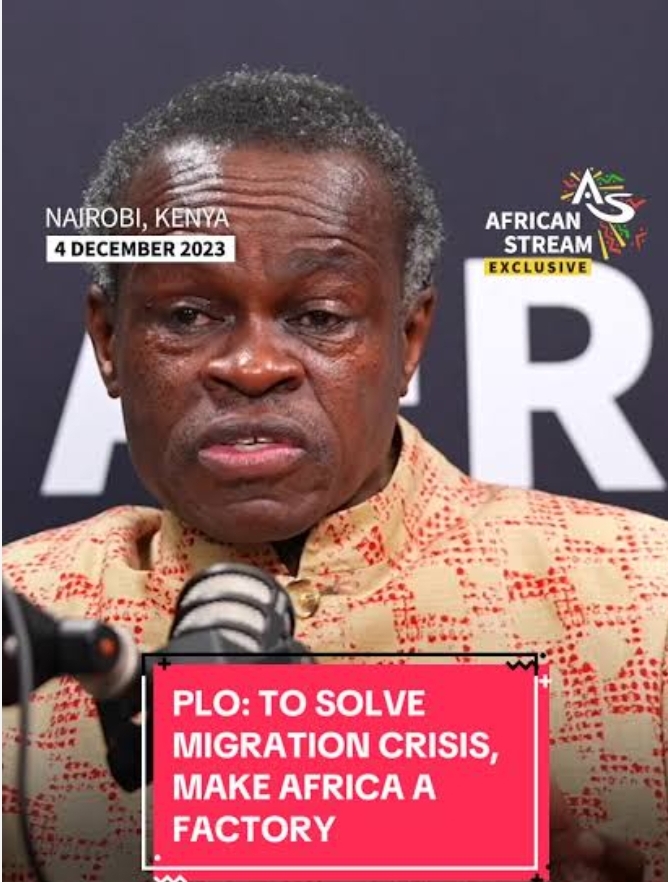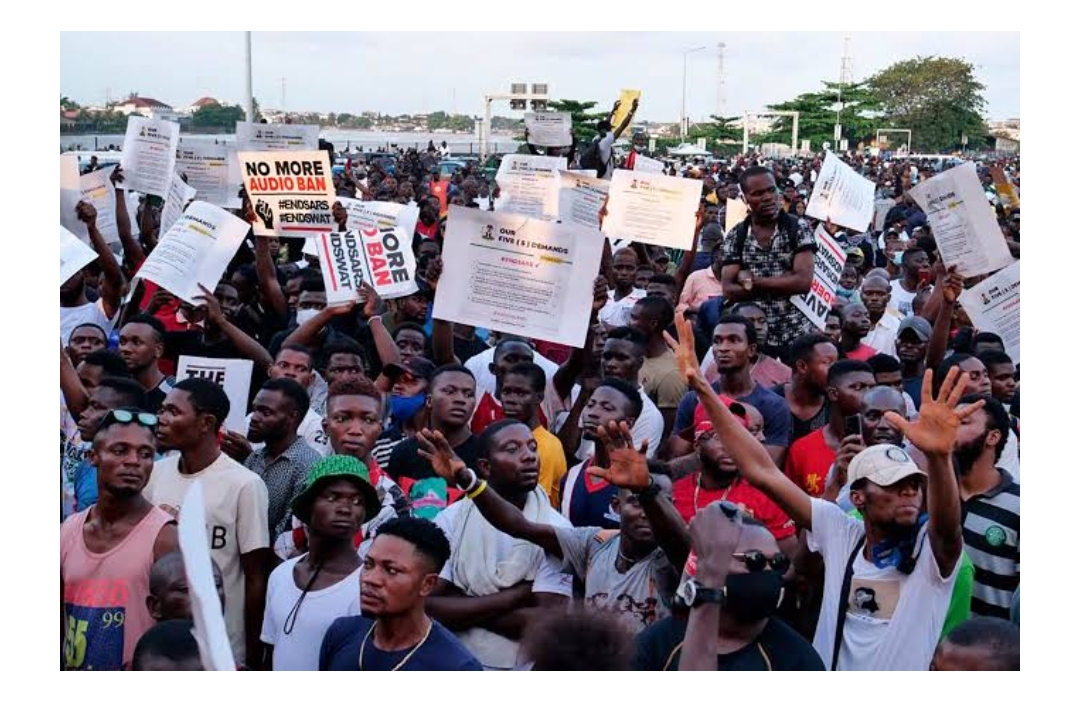By Zayd Ibn Isah
Renowned Kenyan Law Professor, Patrick Lumumba, once said that in the past, Africans lamented and resistenciad as they were forcibly taken abroad by foreigners into slavery. But, in contemporary times, there is a concerning trend where some Africans appear willing to risk their lives on perilous journeys, including crossing the Mediterranean Sea, in their pursuit of opportunities in foreign lands.
Lumumba’s statement serves as a somber reminder of how many Africans have seemingly thrown cautions to the wind in their desperate pursuit of greener pastures overseas.
According to the IOM Glossary on Migration, “Irregular Migration refers to the movement of individuals to a new place of residence or transit that occurs outside the established regulatory norms of the sending, transit, and receiving countries”.
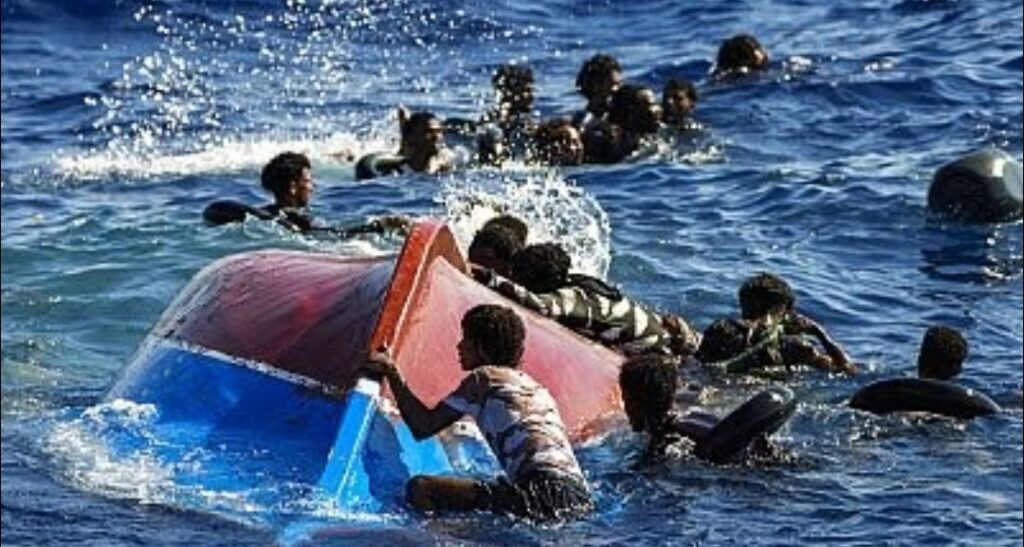
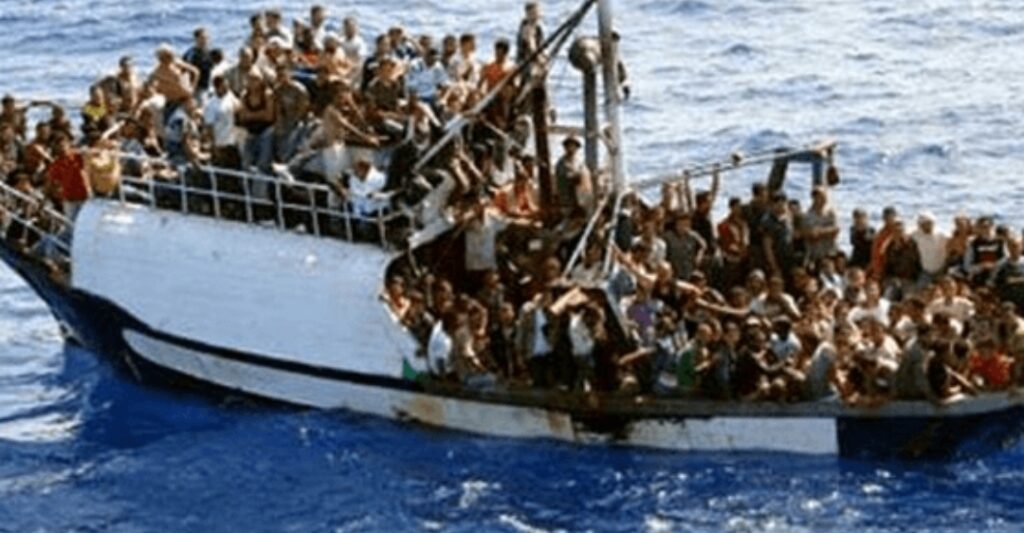
Over the years, many Africans have come to perceive irregular migration as the easiest and most affordable means of moving abroad, despite the very real and existential threat of losing their lives during the treacherous journey across the Mediterranean Sea. One sad story I encountered on Facebook involved a Nigerian who recounted how dozens of his fellow travelers tragically lost their lives on the Mediterranean Sea, with only three of them surviving. He ended up returning to the country he risked losing his life from, as things did not go as planned for him. And I am sure his advice to his compatriots not to embark on such life threatening journey through the Mediterranean Sea would fall on deaf ears of those who have already made up their minds to leave the country either by hook or crook.
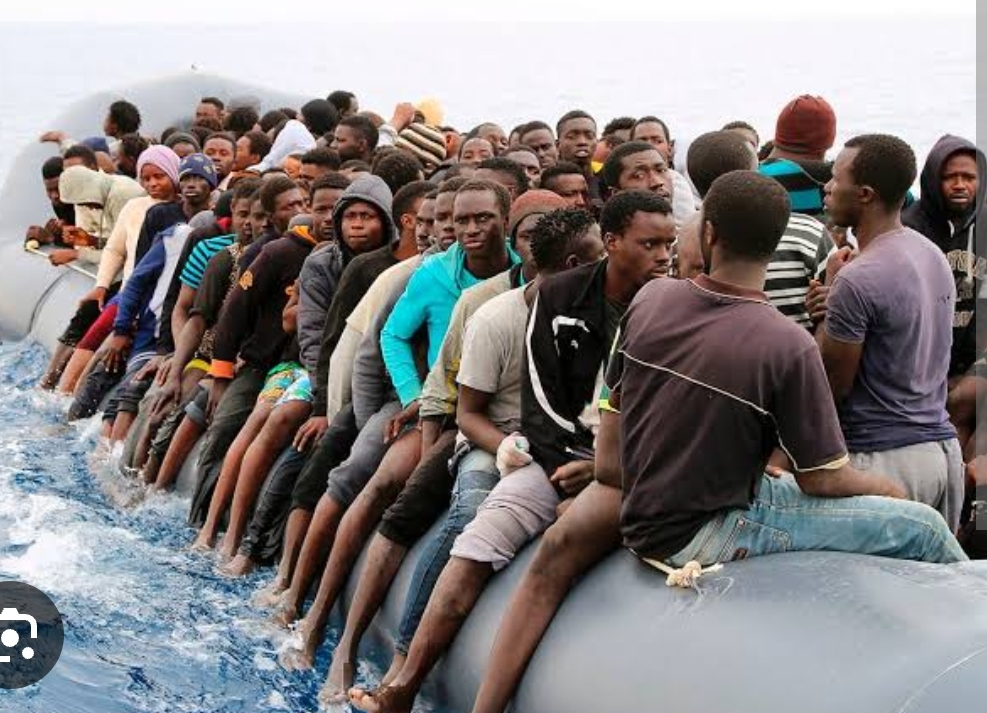
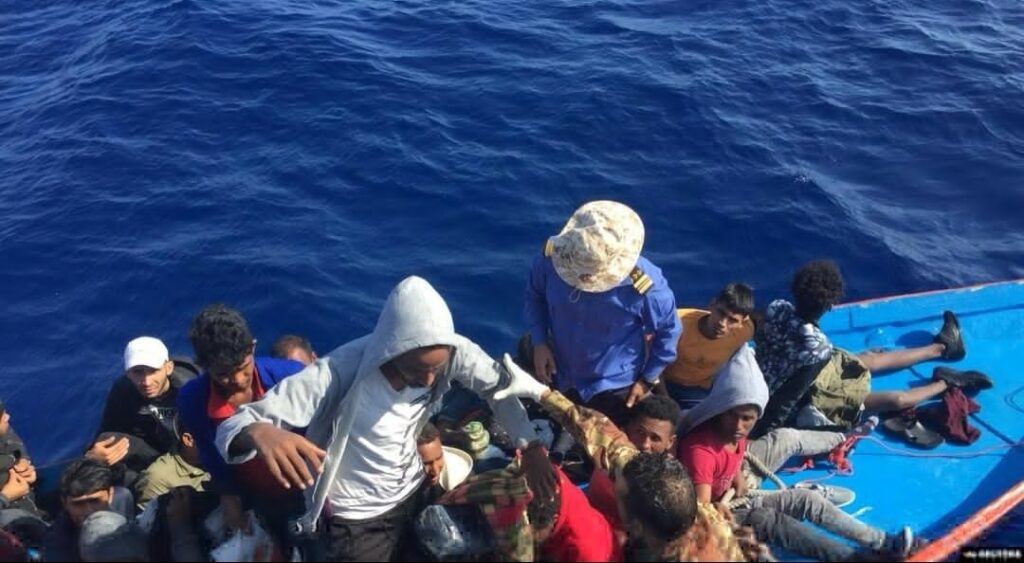
The young man’s story offer a glimpse into the harsh reality faced by many who embark on irregular migration routes. You might think that these harrowing tales would deter others from such perilous adventures, but it seems to embolden them. According to recent statistics I found on Migrants Info, a Facebook page reporting activities of illegal migrants across African countries, approximately 4,471 migrants, primarily from Senegal, the Gambia, the Republic of Guinea, and Mali, were disembarked at the Admiral Faye Gassama Naval Base in October, 2023. This adds to the multitude of illegal migrants from other countries using different routes.
In today’s Africa, irregular migration has taken on a bold and audacious character, with more individuals migrating daily. In November of the previous year, three men endured an 11-day journey precariously perched atop the rudder of an oil tanker en route from Nigeria to Spain’s Canary Islands, leaving me to ponder the extraordinary lengths people go to in their pursuit of a better life.
Various factors contribute to irregular migration in Africa, with economic prosperity topping the list. The “Addressing the Root Causes of Irregular Migration Project,” supported by the United States Agency for International Development in collaboration with the International Organization for Migration, acknowledges that many Africans, much like Guatemalans, engage in irregular migration due to the lack of opportunities for prosperous, secure, and dignified lives in their communities. This economic motivation is a driving force not only for those who migrate irregularly but also for many legal migrants seeking better prospects abroad.
Several notable Africans have expressed concerns about the increasing issue of irregular migration in the continent. The former UN Secretary-General, Kofi Annan, was a strong advocate for addressing the root causes of migration and promoting sustainable development in Africa. In his January 2014 article, “Sympathy for the Migrants,” he emphasized the need to recognize the desperation of those attempting these journeys and the importance of offering greater compassion. Kofi Annan believed in addressing the underlying problems that drive illegal migration rather than simply condemning it. He aptly stated, “we must recognize the desperation of those who attempt these journeys… As an international community, we owe migrants and refugees greater compassion. Otherwise, we will continue to wake, every so often, to find a graveyard on our shores.”
Speaking on the rising tide of irregular and regular migration in Africa, the continent’s richest man, Alhaji Aliko Dangote, has emphasized the significance of economic growth and job creation to curb migration. The Sudanese-British businessman and philanthropist, Mo Ibrahim has called for good governance and leadership as a means to reduce migration pressure in Africa.
The points and concerns of these great African entrepreneurs are as valid as other issues and concerns raised by other Africans across the board. There is no better time to address the lingering issues of illegal migration than now. The onus lies on African leaders to harness the continent’s resources and make it pleasurable and habitable for their subjects.
As challenging as it is to convince those who have decided to embark on the perilous journey through the Mediterranean Sea to seek greener pastures abroad, it is equally important that we play our part by providing them with the right orientation. We must convey the message that it is often better to remain in your own country and struggle than to embark on a journey with little hope of survival.

Zayd Ibn Isah can be reached via: lawcadet1@gmail.com






